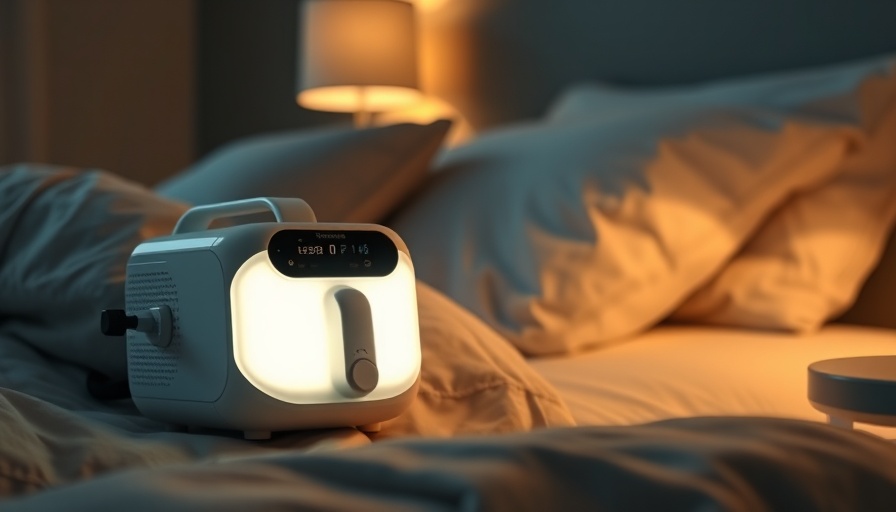
CPAP Devices and Health Benefits
Did you know that using CPAP (Continuous Positive Airway Pressure) machines might help us live longer? Recent studies show that these devices, often prescribed for sleep apnea, can significantly improve health outcomes. Sleep apnea occurs when a person repeatedly stops breathing during sleep, leading to poor sleep quality. This condition can affect everyone, from young children to older adults, making it crucial for families to understand the importance of sleep health.
What is Sleep Apnea?
Sleep apnea is a common sleep disorder that can disrupt the sleep-wake cycle. It affects how well people sleep and how much energy they have during the day. For kids, lack of sleep can impact their mood, school performance, and overall well-being. Parents should be alert to signs of sleep disorders in their children, such as snoring, gasping for air during sleep, or feeling overly tired during the day. Recognizing and addressing sleep disorders is vital for improving sleep hygiene and overall health.
The Link Between CPAP and Longevity
Recent research indicates that CPAP machines not only help manage sleep apnea but may also contribute to longer, healthier lives. Individuals who use these devices regularly have shown improvements in sleep quality and cognitive function. This is especially important as proper sleep is directly linked to our learning, memory, and even mood. When we sleep well, we feel more energetic and mentally sharp, allowing us to perform better at school and work.
How Sleep Affects Our Lives
Good sleep is essential for a balanced life. For parents and children alike, sleep impacts our mental and physical health. Patterns like insomnia, common in both children and adults, can lead to severe health issues if left untreated. Statistics show that around one in five children experience some form of sleep disruption. Focusing on sleep education and healthy bedtime routines can help mitigate these issues.
Choosing the Right Sleep Environment
Create an environment that promotes restful sleep. Keep bedrooms dark, quiet, and at a comfortable temperature. Parents should be aware of how electronics—like phones and tablets—can disrupt sleep patterns. Limiting screen time before bed can help children wind down and prepare their bodies for sleep. Additionally, setting regular bedtimes can help regulate the body’s circadian rhythm, making it easier for kids to fall and stay asleep.
Encouraging Healthy Sleep Habits
Establishing a bedtime routine is vital. Activities like reading stories, gentle stretches, or listening to soothing music can signal to a child that it's time to sleep. Encourage families to take sleep seriously. Prioritizing this aspect of health can lead to better moods, improved concentration, and overall well-being. Parents can also engage in their own sleep practices to influence their children positively—it’s a team effort!
Conclusion: The Path to Better Sleep
Sleep should never be overlooked. Understanding conditions like sleep apnea and seeking appropriate treatments, such as CPAP, can pave the way for longer, healthier lives. Families should encourage open discussions about sleep and health, ensuring that every member knows the importance of restful nights. If you think you or someone in your family might have a sleep disorder, it's crucial to reach out to healthcare professionals. Together, let’s work towards creating a culture where sleep is valued and prioritized.
 Add Row
Add Row  Add
Add 




 Add Row
Add Row  Add
Add
Write A Comment